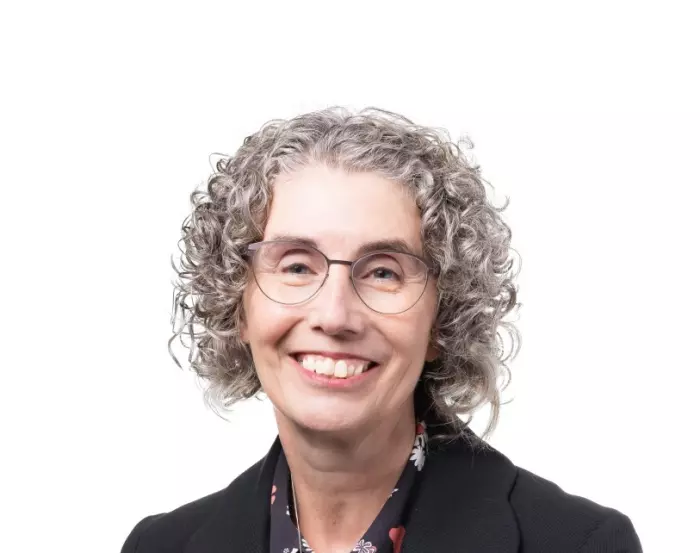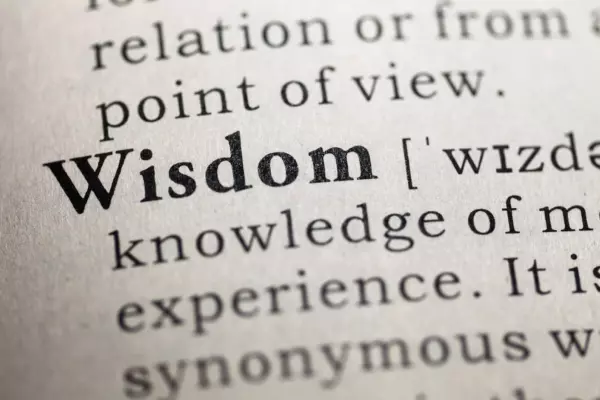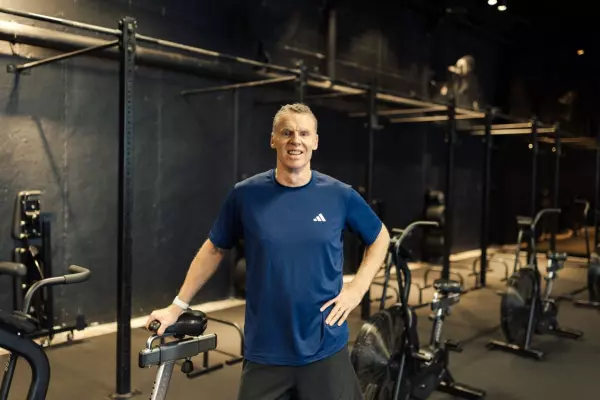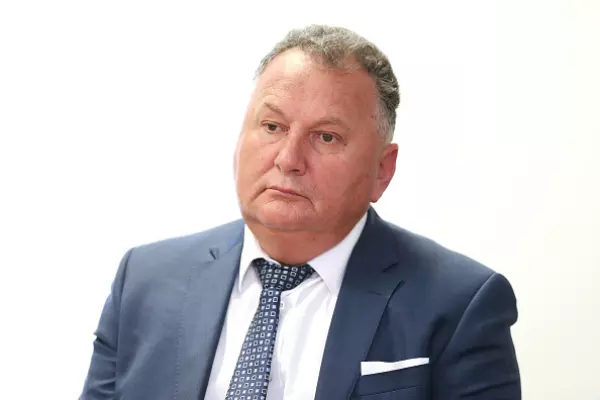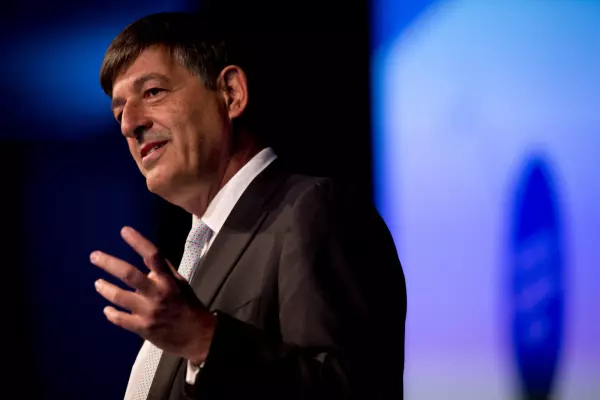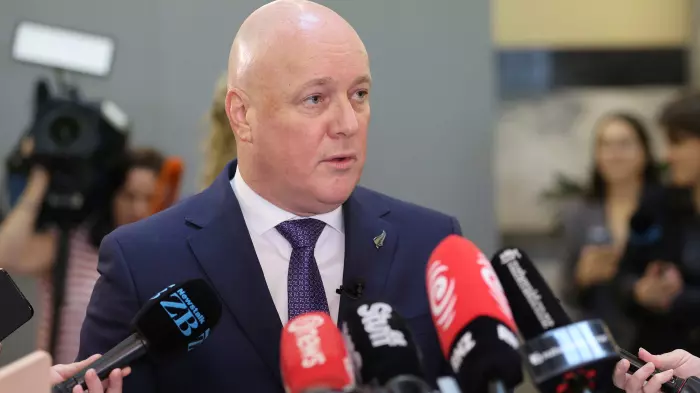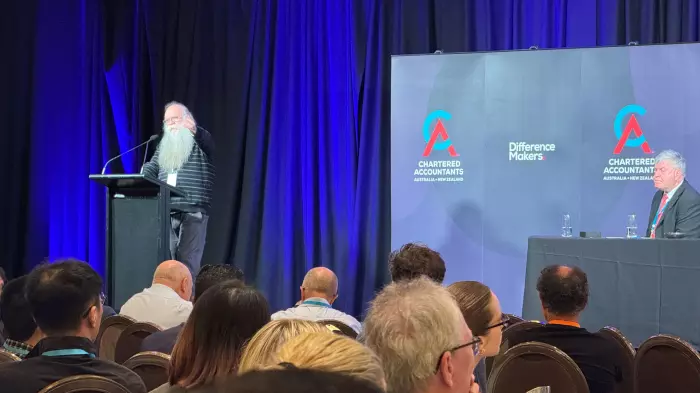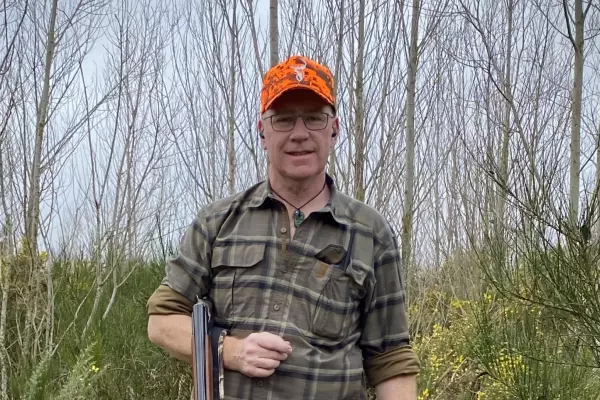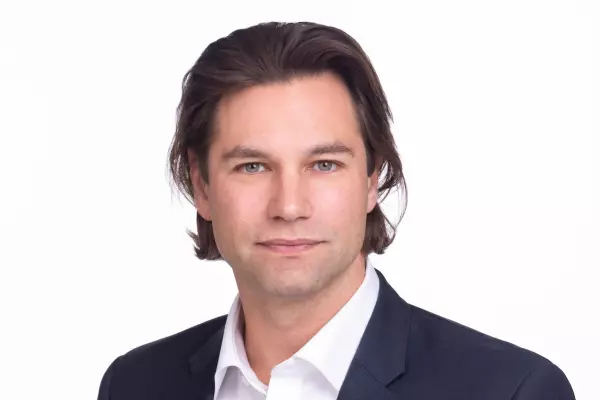Bonnie Robinson has recently stepped into the role of chief executive at Presbyterian Support Northern, which provides social services throughout the North Island. These range from parenting help, food banks, budgeting, Lifeline, and family-violence prevention through to services for the elderly. A trained church minister, Robinson has worked extensively in the non-profit sector as well as in government. She was made a member of the New Zealand Order of Merit this year for her work with seniors and social services.
I was born in the South Island, but I was three when we left so I don't really remember it. I spent half my childhood in Gisborne and the other half in Wellington, where I went to high school.
When I was five, I wanted to be an archaeologist. I got a book for Christmas about the discovery of Tutankhamun’s tomb, and I was really fascinated by how people lived in ancient times. I thought, oh, that would be really cool. But then I discovered it would mean being out in the hot sun digging through dirt, and I thought, maybe not. I still have a real interest in history, different cultures and things – but the fieldwork isn’t for me.
My parents really valued education. My dad was a Presbyterian minister and he had a BA in history as well as a theology degree. My mum was going to be an accountant, but it was the 1950s – when you got married, you stayed home, especially if you were a Presbyterian minister's wife. She always regretted not finishing her degree, and she raised me to finish my degree before I did anything else.
I did my first degree, in history and English, at Victoria University of Wellington and then my second, in theology, at Otago. I did my third degree at Otago Polytech because it was an applied management course. My doctoral thesis is at the examiner's as we speak.
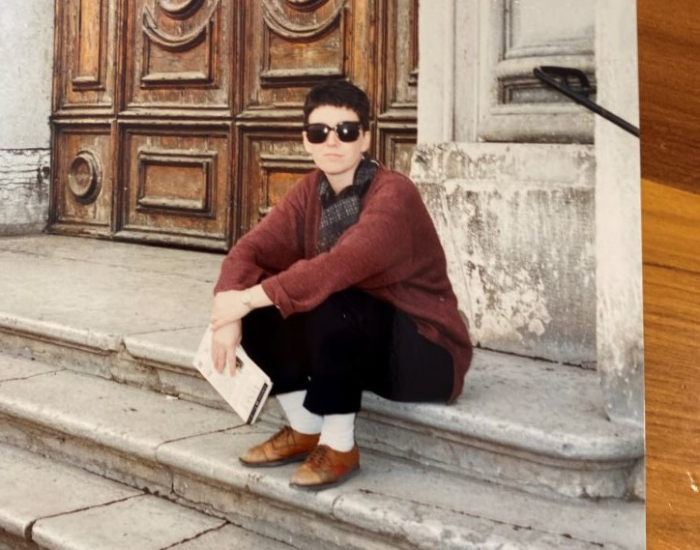
Bonnie Robinson in her younger years. (Image: Supplied)
I started doing my doctorate part-time five and a half years ago. It seemed like a good idea back then, but five and a half years later, maybe not. All I can say is that I now have five and a half years of television watching to catch up on.
I really like the method of learning where it's focused on the real world – practical things, things you can actually make use of – and then taking the time to step back and have a good look at what you're doing and learn some more and take that learning back into what you're doing.
People say to me, how did you end up in senior management when you’ve got a theology degree? And I go, well, when you can think and debate about things like the existence of God, you can think and debate about anything. It's good training of the mind to be thinking about some of these more philosophical, esoteric things in life.
I trained to be a Presbyterian minister, and I am a Presbyterian minister still. But my interest has always been in social justice and equity change – basically changing the world for the better, and helping people.
The advantage of being in a nonprofit is we tend not to have the people and resources to do everything we want to do. So, you don't get to be an expert. You have to be able to do a bit of everything.
I can turn my hand to a lot of things, which is really handy in the nonprofit sector because we've got big missions and big, hairy, audacious goals we want to achieve in our communities. And usually not enough resources. So, you've just got to be creative and go, how can we do this with not enough resources but still achieve something?
At Presbyterian Support Northern we've got about 1,000 staff and it costs us $60m a year. The organisation is a lot bigger than when I first worked here. We're still working on many of the same issues, but people are more aware of those issues now – like family violence, for example.
Not just in our organisation but in society generally, we're more open to talking about these problems than we were 20 years ago. This is a good thing, because if you don't talk about them, you haven't got a chance of coming up with solutions. We also have a much bigger awareness of te ao Māori and the need for services that are culturally appropriate to Māori.
We need to understand that people come from different world views and we can't just deliver the same thing to everybody. We’ve got to understand where people are coming from and make sure that our services are appropriate.
I think there's much more emphasis on that these days than there probably was a long time ago. And that's all good, because it's about being effective. There's no point in delivering services if they don't actually change things for people in a positive way. We need to be culturally appropriate to be effective.
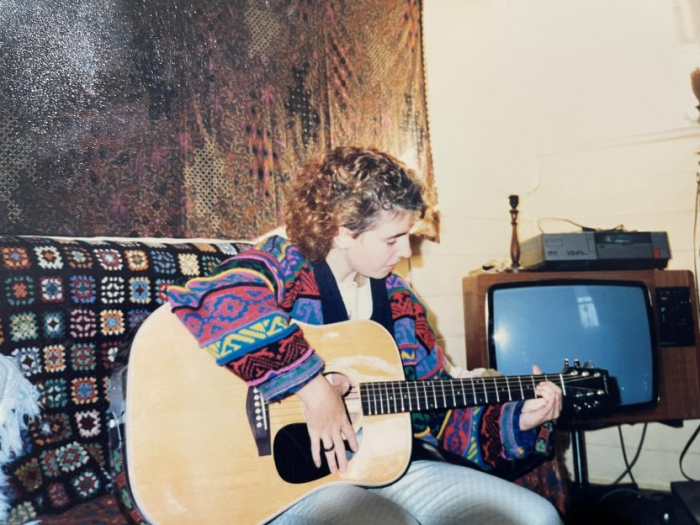
In a busy life, some downtime has always been appreciated. (Image: Supplied)
I love lively discussion and debate and I really enjoy learning new ideas and interacting with people and finding out stuff. But I also need time alone with a book, or walking, or just having some downtime.
I'm a realistic optimist. I do believe that things can change for the better for people and communities and the world and I see signs of hope everywhere. But I'm also realistic that getting to that can sometimes be really difficult and it's hard to grasp and you’ve got to have a long-term view.
There are lots of things I'm personally proud of, but I always do genuinely say that you never achieve anything on your own. It's always with others. So, it's the team. I'm proud of being able to work with really great people and pulling together a vision of what we want to achieve
Being made an MNZM was a big surprise, because it's never been on my mind that I would get an honour. I had covid when I got the email about it, and because my brain wasn’t functioning 100%, I thought, oh, this is probably spam, and almost deleted it. But then I thought I should maybe check this out. And it was real.
People say it's humbling, and it's a funny thing to say but it is humbling, because the minute you receive notification of an honour, you instantly think of a whole lot of people – especially in the social services, where you are working together all the time. I really felt like I was accepting it on behalf of a whole bunch of other people. But it is lovely to have the recognition and to know that, hey, people have noticed what you've been trying to achieve.
My best piece of business advice is that there is always more than one way to achieve something. You've got to be open to listening, and to hearing ideas that you might at first think, how can that possibly work? But when we open ourselves up to ideas, wherever they might come from, and really think about them, that's when we can come up with some really creative solutions to things.
How do I manage stress? I read, and I try to do creative things. There hasn't been a lot of that while I've been doing the thesis. But the thesis is actually quite good for stress because you can't be thinking about anything else while you're trying to write this massive thing. And I guess for me, the faith component helps. I find I don't get to church every Sunday because of my busy life, but when I do, it's a chance to be quiet and reflect. Church gives you the opportunity to think about people other than yourself. And so that's good for de-stressing. And I have a very supportive husband. He's good for a debrief.
I've been sewing tote bags and they're made in lovely, funky fabrics. They're fully lined with a zip pocket, and I'm either giving them away as gifts or I sell them and donate the money to charity. Once I've actually got through the oral examination of my thesis and it's finally out of the way, I might take on making a coat. I've never made such things before, but I think I can take on a big project once the thesis is finally examined. That's the thing with sewing – you never know until it's done.
As told to Ella Somers.
My Net Worth interviews may be edited for clarity.


